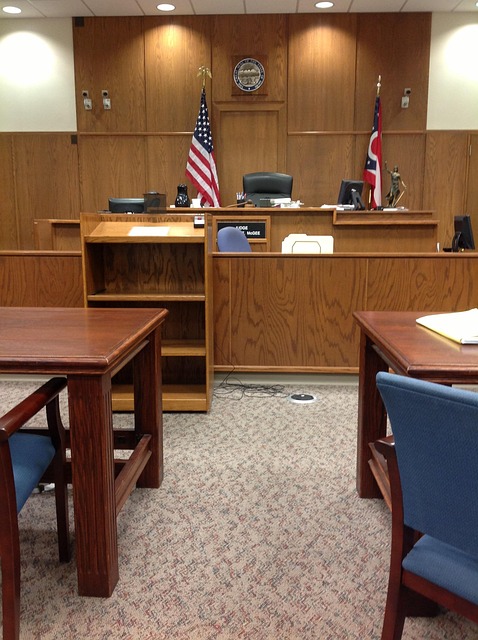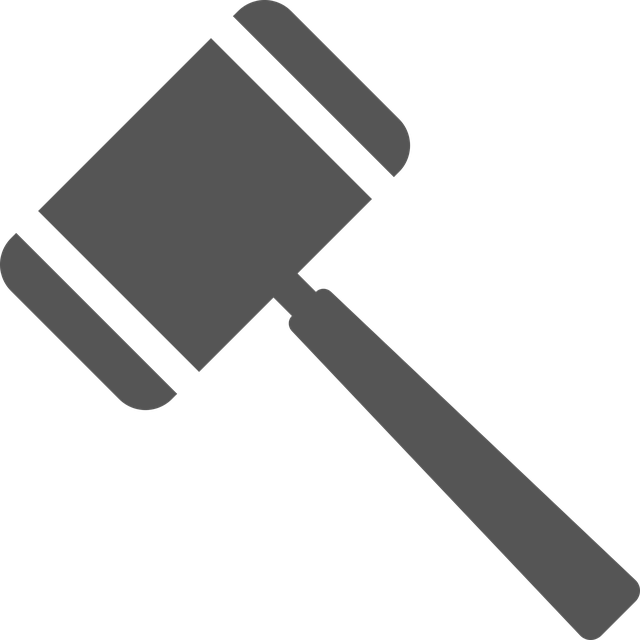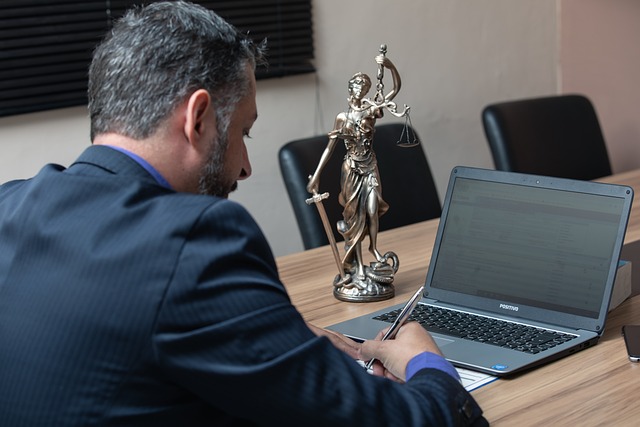A wrongful conviction can arise from flawed investigations, unreliable evidence, or procedural errors. To overturn such a conviction, follow these critical steps to overturn a wrongful conviction:
1. Meticulously gather and scrutinize evidence: Include witness testimonies, forensic evidence, and legal procedures.
2. Identify procedural mistakes: Look for illegal searches, due process violations, or other common grounds for appeal.
3. Engage specialized criminal defense attorneys: For complex cases, these experts can navigate financial aspects and craft compelling narratives.
4. Understand the appeals process: Follow strict timelines, decipher legal procedures, and pay close attention to detail.
5. Seek experienced legal counsel: RF Finance law firms specialize in wrongful conviction cases, employing tailored strategies and cutting-edge technologies to secure robust defenses.
6. Craft compelling narratives: Expose critical errors and present persuasive arguments to achieve a successful outcome for both corporate and individual clients.
“In the pursuit of justice, understanding wrongful convictions is paramount. This comprehensive guide explores the intricate legal landscape surrounding these errors and highlights the vital role RF Finance law firms play in righting these wrongs. We delve into effective strategies for building a robust appeal case, including gathering compelling evidence and employing strategic legal arguments.
Learn from real-life success stories and discover the steps to overturn a wrongful conviction, offering valuable insights for those navigating the complex appeals process.”
- Understanding Wrongful Conviction: Definition and Legal Implications
- The Role of RF Finance Law Firms in Overturning Wrongful Convictions
- Steps to Build a Strong Case for Appeal: Evidence and Legal Strategies
- Navigating the Appeals Process: Timelines, Procedures, and Potential Challenges
- Success Stories and Lessons Learned from Real-Life Cases
Understanding Wrongful Conviction: Definition and Legal Implications

A wrongful conviction occurs when a person is unjustly found guilty of a crime they did not commit. This can arise from various factors, including flawed investigations, unreliable evidence, or procedural errors in the legal process. Understanding this concept is crucial for both victims and their legal representatives when navigating the steps to overturn a wrongful conviction. The journey towards justice involves a meticulous review of the case, identifying violations of legal procedures, and presenting compelling evidence to prove innocence.
Clients seeking to avoid indictment or secure a complete dismissal of all charges should engage experienced legal counsel. RF Finance law firms specialize in serving both corporate and individual clients facing such challenges. They employ specialized strategies tailored to each unique situation, ensuring every avenue for legal recourse is explored. By delving into the complexities of wrongful conviction cases, these firms foster a robust defense, ultimately aiming to secure the most favorable outcomes for their diverse clientele.
The Role of RF Finance Law Firms in Overturning Wrongful Convictions

In many cases, wrongful convictions occur due to procedural errors, insufficient evidence, or witness mismanagement—issues that RF finance law firms are uniquely equipped to address. These specialized legal practices often employ cutting-edge technologies and extensive resources to conduct thorough investigations, uncovering critical facts that may have been overlooked during initial trials. By leveraging advanced forensics, expert witnesses, and comprehensive case reviews, they help clients navigate the complex process of steps to overturn a wrongful conviction.
Their expertise extends beyond court procedures; they also advocate for their clients’ rights, ensuring fairness and justice are served. Through compelling legal arguments and strategic appeals, RF finance law firms strive for complete dismissal of all charges, fighting tirelessly on behalf of those who have been wrongfully accused, ultimately seeking to rectify the mistakes of the past.
Steps to Build a Strong Case for Appeal: Evidence and Legal Strategies

Building a compelling case for appeal requires a meticulous approach, especially when aiming to overturn a wrongful conviction. The first step is to gather comprehensive evidence that highlights the errors in the original trial. This includes scrutinizing witness testimonies, examining forensic evidence, and re-evaluating any legal procedures that might have been overlooked or mishandled. A robust strategy should focus on identifying procedural mistakes, such as illegal searches or violations of due process rights, as these are common grounds for appeal.
Legal teams should also explore the nuances of their clients’ cases, especially in white-collar and economic crimes, where complex financial transactions can be at play. By employing skilled attorneys who specialize in general criminal defense, individuals wrongfully convicted can navigate the intricate legal landscape. These experts will construct a narrative that challenges the prosecution’s case, presenting alternative explanations and interpretations of the evidence to create a compelling argument for a new trial or reduced sentence.
Navigating the Appeals Process: Timelines, Procedures, and Potential Challenges

Navigating the Appeals Process involves a series of careful steps, from understanding strict timelines to deciphering complex legal procedures. The journey begins with a timely filing of appeals, crucial for preserving rights, within prescribed frames set by jurisdiction. This process demands meticulous attention to detail as even minor errors can hinder chances of success.
Potential challenges include navigating intricate legal jargon, deciphering the nuances of white-collar and economic crimes cases, and presenting compelling arguments that overturn wrongful convictions. Corporate and individual clients alike face these hurdles, underscoring the need for experienced legal counsel across the country. Effective strategy involves reviewing trial records, identifying errors, crafting persuasive appeals, and addressing potential counterarguments.
Success Stories and Lessons Learned from Real-Life Cases

In the course of representing RF Finance Law Firms serving general criminal defense cases across the country, our team has encountered a diverse range of challenges—and emerged with success stories that highlight the power of meticulous legal strategy and unwavering advocacy. One consistent theme in these victories is the importance of understanding not just the law but also the human element at play. Every case, regardless of its complexity or public scrutiny, is unique to the individual or corporation involved.
Through careful examination of evidence, meticulous research, and a deep dive into procedural nuances, our firm has successfully overturned wrongful convictions in high-profile cases. This involves not just challenging the prosecution’s narrative but also uncovering critical errors made during investigations or trials, from improper handling of evidence to violations of constitutional rights. We’ve learned that successful representation goes beyond simply arguing legal points; it’s about presenting a compelling narrative that resonates with judges and juries, ensuring justice is served for our corporate and individual clients alike.
In conclusion, understanding wrongful convictions, leveraging the expertise of RF finance law firms, and employing strategic steps to build a robust appeal case are key components in navigating the complex process of overturning an unjust sentence. By mastering these aspects and learning from real-life success stories, individuals can navigate the appeals process effectively, ensuring a fair and just outcome. Remember that each case is unique, and seeking legal guidance tailored to their specific situation is crucial for those aiming to uphold their innocence.






